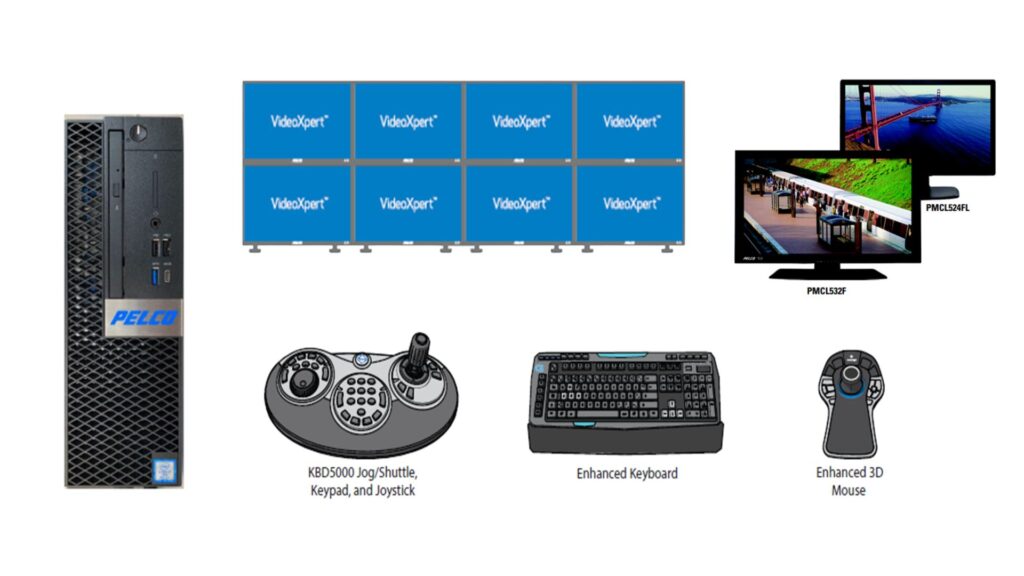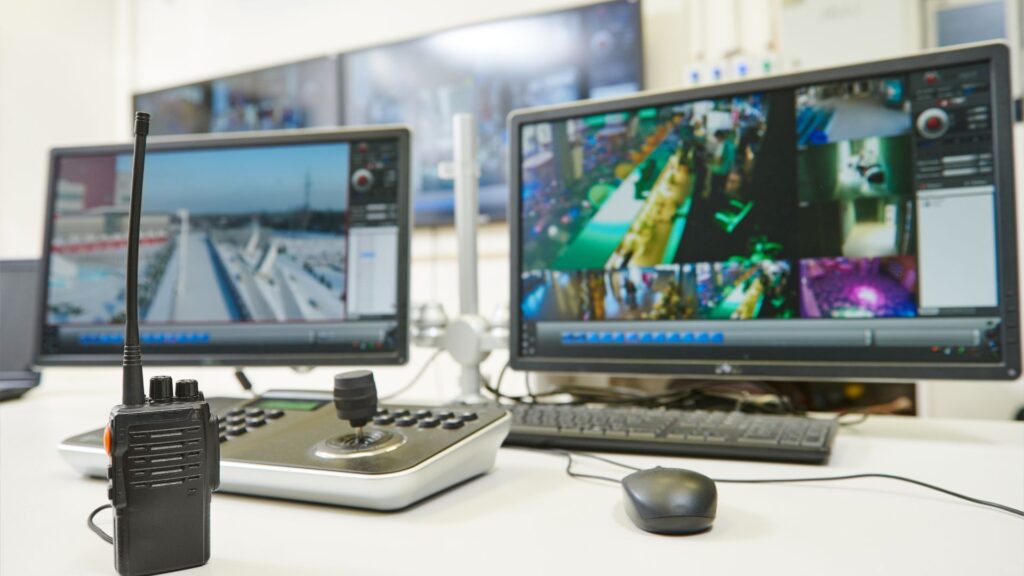The Factory Acceptance Tests for CCTV Systems on FPSO serve as a critical phase in ensuring the reliability and functionality of CCTV systems onboard FPSO vessels.
In the realm of offshore operations on FPSO vessels, safety and security are paramount concerns. CCTV systems play a pivotal role in monitoring and safeguarding FPSO environments.
Understanding the FAT Procedure
The FAT procedure is a comprehensive assessment conducted before the deployment of critical systems like CCTV on FPSO vessels. Its primary objective is to verify that the system meets specified requirements and performs reliably under operational conditions. The procedure typically involves rigorous testing, inspection, and documentation to validate the CCTV system’s functionality, durability, and compliance with industry standards and regulations.
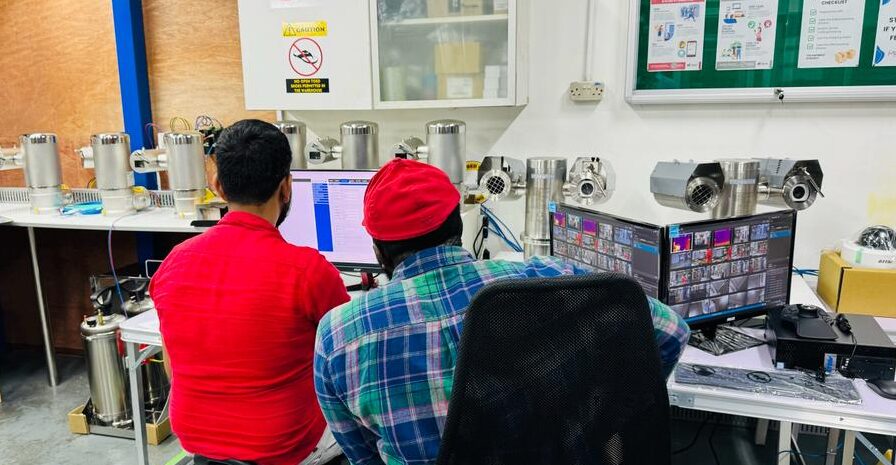
Key Components of the FAT Procedure
The effective implementation of the FAT procedure facilitates the seamless integration and deployment of CCTV systems.
Preparation and Planning
Before commencing the FAT procedure, meticulous planning is essential. This involves defining acceptance criteria, scheduling tests, assembling relevant documentation, and ensuring the availability of necessary resources and personnel.
Functional Testing
Functional testing evaluates the CCTV system’s core functionalities, including camera performance, image quality, pan-tilt-zoom (PTZ) controls, video recording, playback capabilities, and network connectivity. This phase assesses whether the system operates as intended and meets operational requirements.
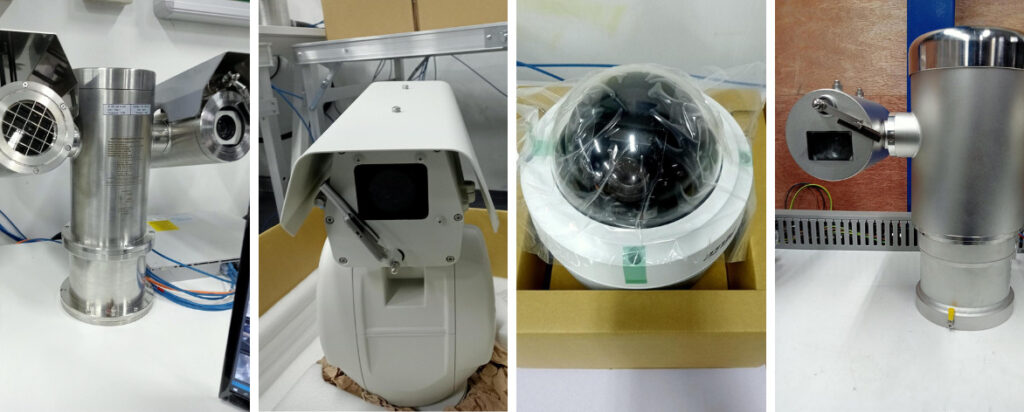
Environmental Testing
FPSO environments present unique challenges such as harsh weather conditions, corrosive atmospheres, and vibration. Environmental testing simulates these conditions to verify the CCTV system’s resilience and durability. It includes exposure to temperature variations, humidity, salt spray, and mechanical stress to assess the system’s reliability in real-world scenarios.
Integration Testing
Integration testing evaluates the compatibility and interoperability of the CCTV system with other onboard systems such as alarm systems, access control, and central monitoring stations. This phase ensures seamless communication and data exchange between different components for effective surveillance and incident response.
Performance and Stability Testing
Performance and stability testing evaluates the CCTV system’s ability to sustain continuous operation over extended periods without performance degradation or system failures. Stress testing may involve simulating high-traffic scenarios, network congestion, and power outages to assess system stability and resilience under adverse conditions.
Documentation and Reporting
Comprehensive documentation is essential throughout the FAT procedure to record test results, observations, deviations, and corrective actions. A detailed FAT report summarizes the testing process, outcomes, compliance status, and any identified issues or deficiencies requiring remediation before system deployment.
Added Optimization
Team Vivo Asia has the added capability of conducting 3D clash checks and CCTV coverage studies to ensure the optimal functionality of any CCTV system we design and install.
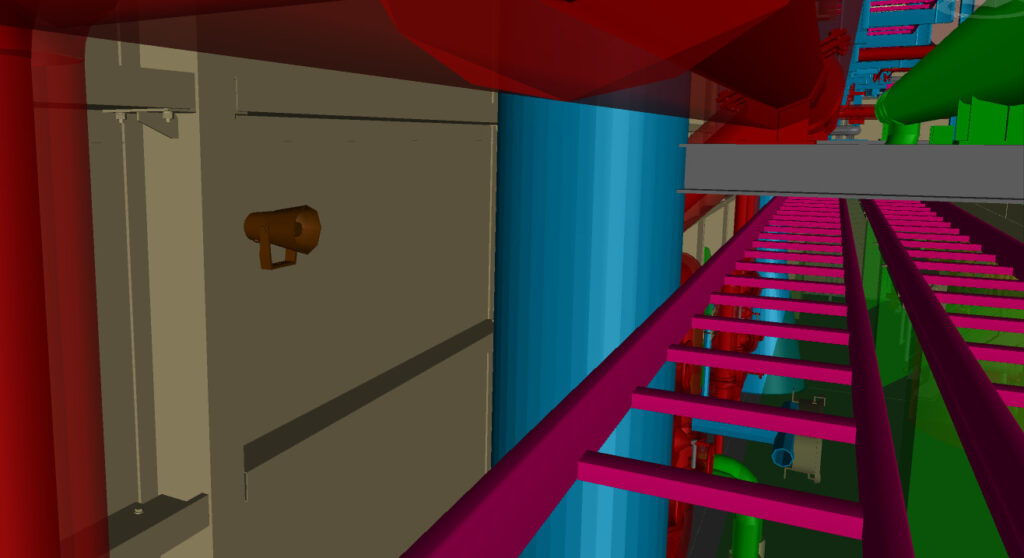
Get the Right Team!
The Factory Acceptance Tests for CCTV Systems on FPSO play a pivotal role in ensuring the reliability, functionality, and compliance of CCTV systems deployed on these vessels. Team Vivo Asia is an experienced team of engineers and technicians that have successfully completed several CCTV systems for FPSO vessels. We are well versed in industry regulations and have a streamlined project process including the FAT procedure.

